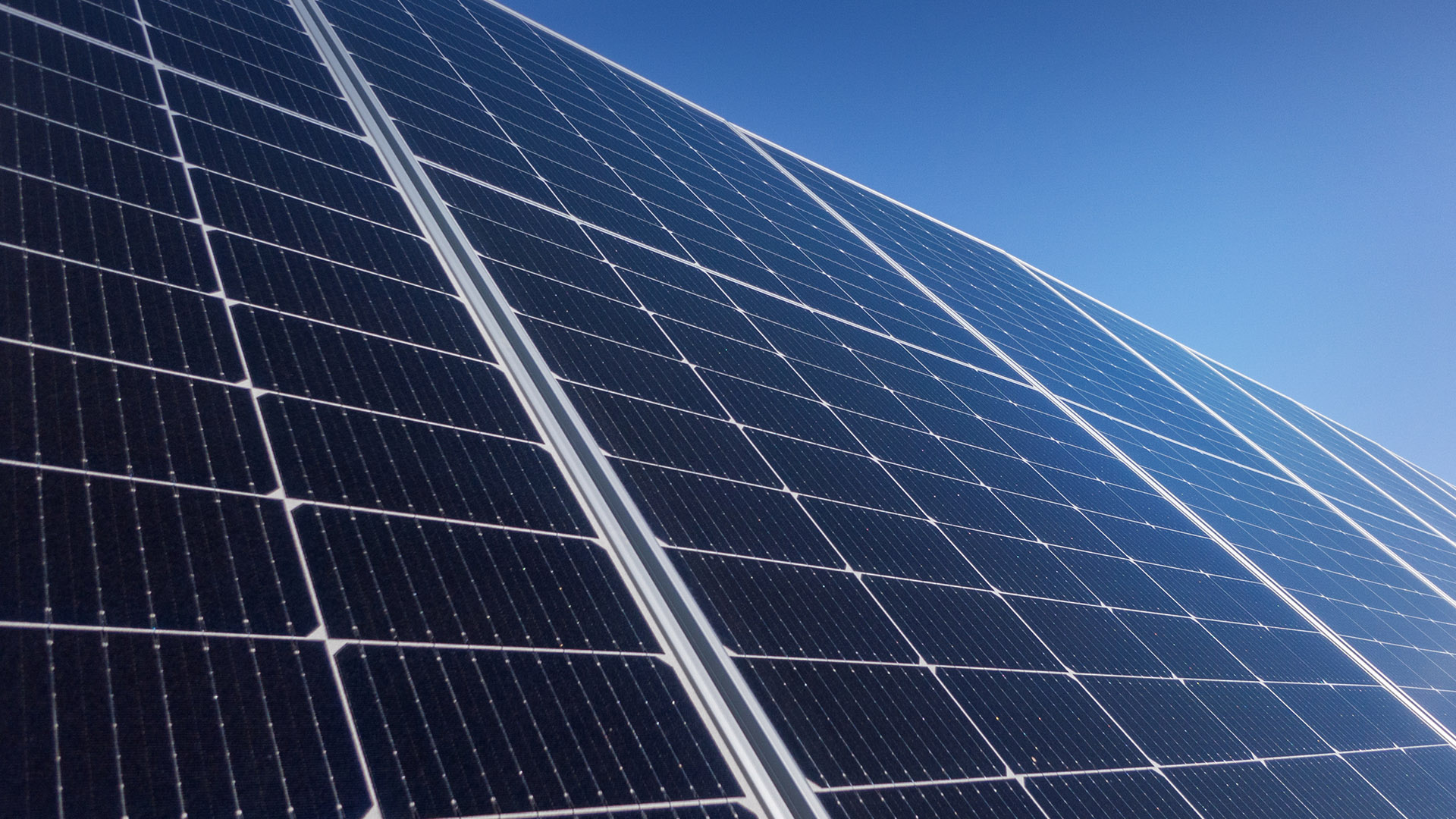

Combined solar pv and battery storage project: Aquila Clean Energy finalises Ammerland II solar park in Lower Saxony, Germany

– One of the first co-location projects in Germany with a solar park and a battery storage system in operation
– The approach balances out fluctuating production volumes of renewable energies and ensures greater security of supply
– Pioneering projects of this kind play a key role in the energy transition
Hamburg, 14 December 2023 – Aquila Clean Energy EMEA, the European clean energy platform of the Aquila Group, has completed one of Germany’s first co-location projects that combines a solar park with a battery energy storage system (BESS). Aquila Clean Energy was responsible for the development, design and construction of the plant and the battery storage system was supplied by INTILION. The solar park has been feeding electricity into the grid since August, thereby supporting local grid capacities.
The Ammerland II solar park has a production capacity of 8.2 MWp and an additional 3.2 MW/6.9 MWh battery storage system. The park produces enough solar power to supply 3,500 households. By combining a solar park with a battery storage system, electricity can be stored in phases when production is higher than consumption and fed back into the grid when it is needed at a later time. This means that solar power can also be utilised at night, for example. The size of the battery storage system allows to store the electricity requirements of around 7,000 households for two hours. In addition, by feeding in balancing energy, Ammerland II helps to keep the electricity grid stable even if there are deviations from the forecast electricity consumption. This minimises balancing energy risks and increases grid stability. Technological solutions such as Ammerland II play a key role when it comes to implementing the energy transition and ensuring security of supply at all times with renewable energies.
Kilian Leykam, Director Energy Storage Systems at Aquila Clean Energy, comments: “The importance of co-location projects is constantly increasing. This is because the combination of renewable energies with battery storage systems leads to optimised use of the electricity grid and better grid stability. Plants of this type are essential to accelerate the expansion of solar and wind energy and have great potential to speed up the energy transition in Germany and Europe. Projects such as Ammerland II are therefore an ideal addition to our portfolio in the field of renewable energies and battery storage in Europe.”